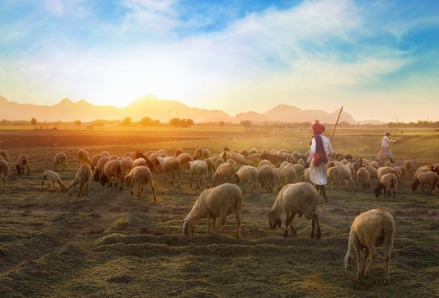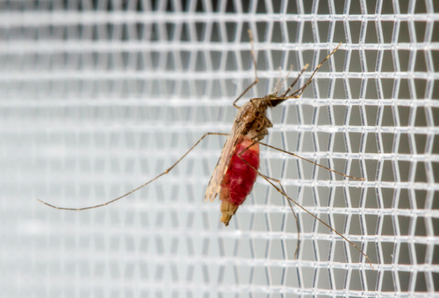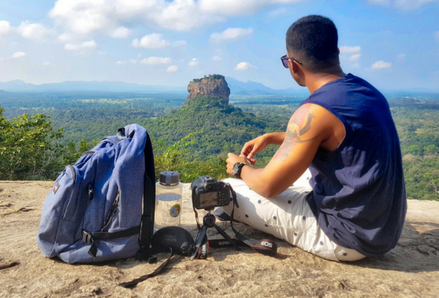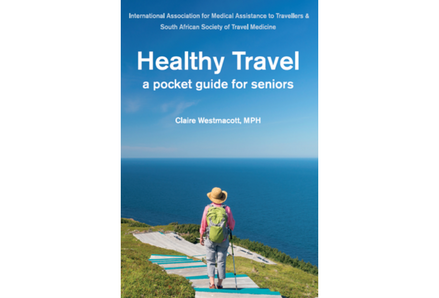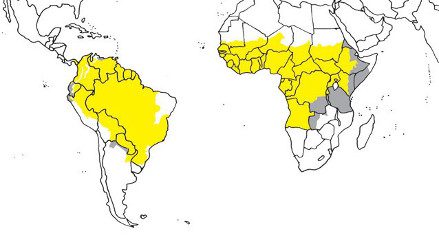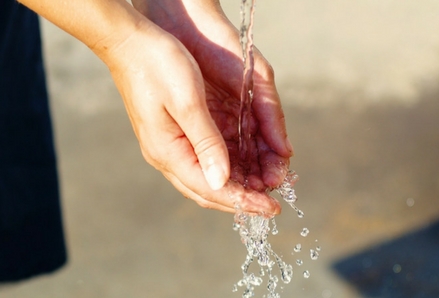My name is Jacqueline and I’m a Research Assistant Intern at IAMAT in Toronto. I’m currently completing a post-graduate certificate at Centennial College in International Development, and hope to go on to work in the area of healthcare development around the world. My interest in healthcare was piqued during a recent 3 month trip through Southeast Asia, where I was exposed first-hand to some of the challenges that come with seeking health services abroad. About two weeks into my trip, I crashed the rental motorbike I had been riding into a rusted barbed wire fence. I was lucky to not have broken any bones or have sustained any serious injuries, but I did cut myself deeply on my legs ...




